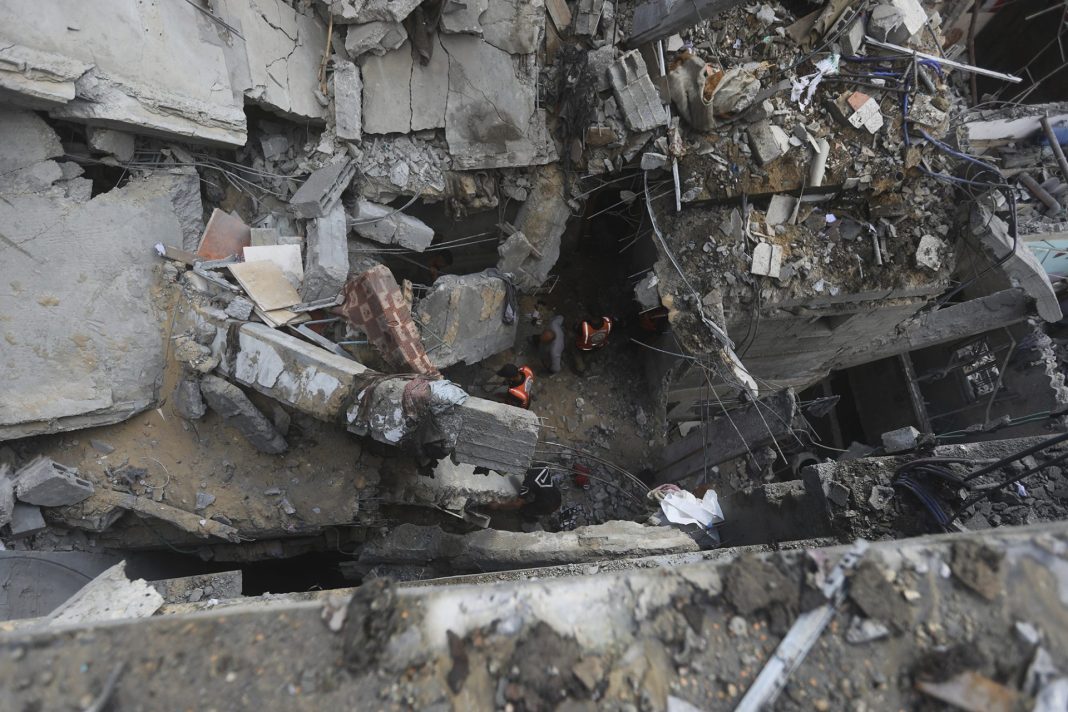The conflict has reversed limited progress in improving Gaza’s water desalination and wastewater treatment facilities, restoring the Wadi Gaza coastal wetland, and investments in solar power installations, according to a preliminary assessment by the UN Environment Programme (UNEP) reported by Reuters.
The report found that explosive weapons had generated 39 million tons of debris, with each square metre in Gaza littered with over 107kg of debris.
“All of this is deeply harming people’s health, food security and Gaza’s resilience,” stated Inger Andersen, UNEP’s executive director.
UNEP assessed the environmental damage following a request by the Palestinian Environment Quality Authority in December.
The report found that water, sanitation, and hygiene systems were effectively defunct, with Gaza’s five wastewater treatment plants shut down.
Before the war, Israel’s 17-year siege on Gaza had already posed serious environmental and health challenges related to the availability of clean water.
More than 92 percent of water in the enclave has been deemed unfit for human consumption.
The Gaza Strip had one of the highest densities of rooftop solar panels in the world, with an estimated 12,400 rooftop solar systems recorded in 2023. But Israel’s war has destroyed most of the solar infrastructure.
Destroyed solar panels can result in metal contaminants leaking into the soil, according to Reuters.
